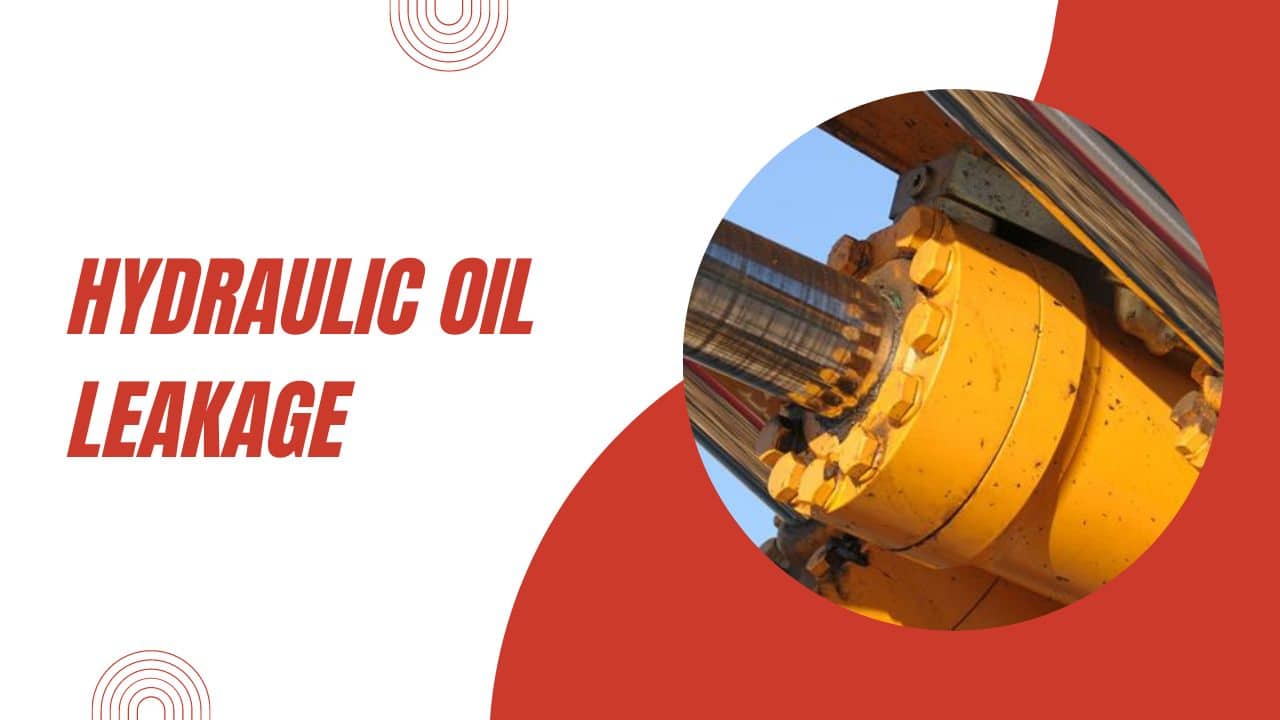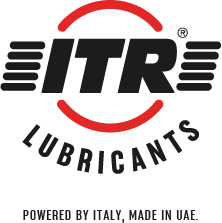
Do you have an automobile with constant hydraulic oil leakage? Are you wondering what the cause could be? Learn more about the leaks in hydraulic oil and a few relevant tips to help prevent these leaks.
Leaks in the hydraulic system are not an uncommon occurrence. In most cases, improper hydraulic fittings are the leading cause of these leaks. While most people would think that repairing hydraulic fittings is a simple task, there’s more to improve. The necessary precautions to take during repair help end hydraulic oil leakages. Cleanliness during and after repair, and general guidelines to follow to ensure you diagnose the issues causing the leaks. Read on to learn more about identifying a leak in the hydraulic system and resolving the issue.
What are the causes of hydraulic oil leakage?
What is causing your hydraulic system to leak? Experiencing constant leaks can be challenging for every car owner. The leak can cost you a lot of money when diagnosing and repairing the hydraulic system. Some common issues that are a cause of hydraulic oil leakage include seal failures, mistakes made during the hydraulic system installation, temperature problems, and a failure in the hose. Wearing out of the component surfaces is another major cause of leaks in your hydraulic system.
What are the dangers of hydraulic oil leakage?
Any company utilizing hydraulic systems should be aware of hydraulic oil leakages as they are dangerous to machines and staff. A few dangers of unattended hydraulic oil leakages in the hydraulic system include.
Increased oil consumption
Leaking hydraulic oil increases the amount of oil your machine will need to function. Continued leakages in the hydraulic system are expensive for your devices and operational staff. Identifying the cause of the leakage is essential because it will help you save the time and money needed to buy tons of oil. Hydraulic oil leakage also threatens environmental pollution and contributes negatively to natural resource wastage.
Reduced automobile efficiency
Another widespread danger of hydraulic oil leakage is failures in the hydraulic cylinder. There are other common causes of hydraulic cylinder failure, but a leak in the hydraulic system is the first diagnosis. While you would think that your machine would stop working upon the hydraulic system’s failure, reduced efficiency in performance is what your device will show. The poor performance caused by constant leaks in the hydraulic system is expensive as it will incur significant repair costs. Most projects will either halt or slow down with the need for more personnel and longer operation times.
Severe environmental damage
Machines use millions of gallons of hydraulic oil every year. Constant use of these oils in your devices results in spillages into freshwater rivers, lakes, groundwater, and soil. The result is pollution and damage to the environment and living beings such as wildlife. Hydraulic oil leakages worsen the issue of environmental damage causing a negative impact as you consume more oil.
Engine part malfunction
Hydraulic oil leakages result in malfunctioning machinery, particularly the engines of your automobiles. Research shows that at least 80% of machine malfunctions results from different types of hydraulic oil contamination. As the oil sips out of the hydraulic system, dirt, dust, and water also make their way into the system, contaminating the remaining oil.
Personnel safety risk
Hydraulic oil leakage poses a vast threat to the safety of personnel. Confirmations show operational staff slipping and falling on leaking hydraulic oil. Such instances result in severe injuries, the cost of treatment, and lost wages. When ignition points are present, hydraulic oil leaks can cause dangerous fires, which are also a significant hazard to personnel.
Tips for repairing a hydraulic oil leakage
Leaks are a common problem with hydraulic systems, the primary cause being faulty ones. Repairing the hydraulic system is not about getting the fittings right. There are specific repair tips to consider, which include;
Avoid contamination
Protecting the system from potential contaminants is essential for proper machine functioning. Most contaminants come from exposing the hydraulic system to dirt during repairs. Ensure you conduct repairs in a clean area free of dirt, grease, and dirt. Make certain that no machine parts are left on the floor to collect dirt
Do not use your hands
Avoid using your hands when handling different hydraulic oil types, such as antiwear hydraulics. You may be tempted to check for hydraulic oil leakage with your hands. Remember that the fluid could be scalding and hazardous to your skin. The initial pain from the injury feels like a bee sting but could result in a lifelong injury.
Never ignore a hydraulic leakage
Small leaks seem insignificant, causing you to ignore the situation. However, these small hydraulic oil leakages are signs of more significant problems which, if left unattended, are lethal. Also, remember that small leaks allow small contaminants into the hydraulic oil. Contaminated oil is inefficient on the machine and will slow down its performance.
Use the correct hydraulic fitting
When you have a worn-out hydraulic fitting, the quickest thing to do is replace it with a similar one. Yet, this will not always resolve the hydraulic oil leakage issue. Ensure to get the proper hydraulic fitting from the start to avoid significant downtime and damage to your hydraulic system.
Depressurize the system during repair
The first thing to do before repairing a hydraulic system is to depressurize the system. There are hazards associated with failure to depressurize, such as explosive eruptions of the hot hydraulic fluid. The explosion is dangerous and can damage the hydraulic system and the technician in charge of the repairs.
Conclusion
Hydraulic oil leakage is not a laughing matter but an issue you should attend to immediately. Negligence of hydraulic oil leaks damages the hydraulic system and poses a danger to your operating staff while incurring extra repair costs.
ITR Lubricants have over 50 years of experience in engine oil production with 16 facilities and 57 distributors. Upon hydraulic oil leakage diagnosis, the team will first troubleshoot and conduct routine maintenance on the hydraulic system. Reach out to ITR Lubricants today and Get a quote for hydraulic oil leakage.
